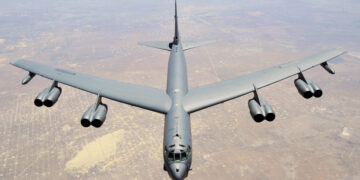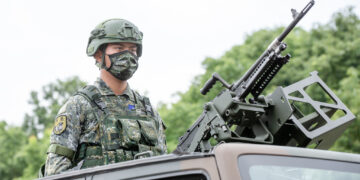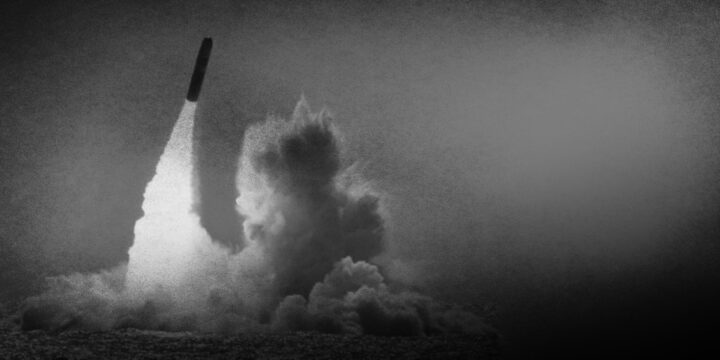
Is it time for the United States to increase its nuclear weapons stockpile? To arms control advocates, this is a dastardly, irresponsible question. But it isn’t coming out of nowhere: Last week, a senior U.S. national security official left the door open to the first expansion of the U.S. nuclear warhead arsenal since the 1980s.
On Friday, Pranay Vaddi, a senior director of the National Security Council, outlined the Biden administration’s nuclear strategy during a speech at the Arms Control Association in Washington. The speech wasn’t surprising to anyone who has even a cursory understanding of U.S. nuclear weapons policy. Most of it was dedicated toward reiterating U.S. policy goals: getting more countries to decrease their nuclear arsenals, even as the U.S. ensures its own nuclear deterrent is updated. But the warning was as clear as day. “Absent a change in the trajectory of adversary arsenals,” Vaddi said, “we may reach a point in the coming years where an increase from current deployed numbers is required.”
Since the mid-1980s, successive U.S. administrations, Republican and Democratic, have largely based the country’s nuclear weapons policy on two pillars: capping and if possible reducing nuclear arsenals across the board and making sure America’s own is functional. U.S. officials have sought to discourage adversaries from attacking the U.S. and its treaty allies in Europe and Asia even as it gradually aspires toward a world in which nuclear weapons no longer exist. The proof is in the numbers: Since 1967, the U.S. nuclear weapons stockpile has decreased by 88%, from 31,255 warheads to 3,750.
The Latest

Featuring Benjamin Friedman
March 2, 2026

Featuring Rosemary Kelanic
March 2, 2026

Featuring Rosemary Kelanic
March 2, 2026






